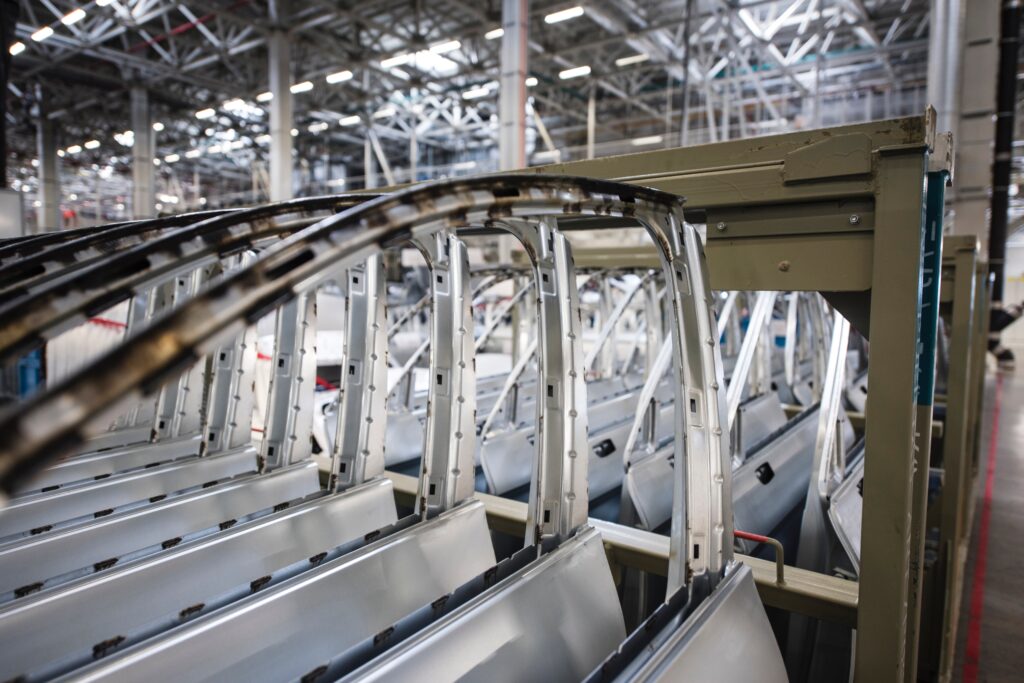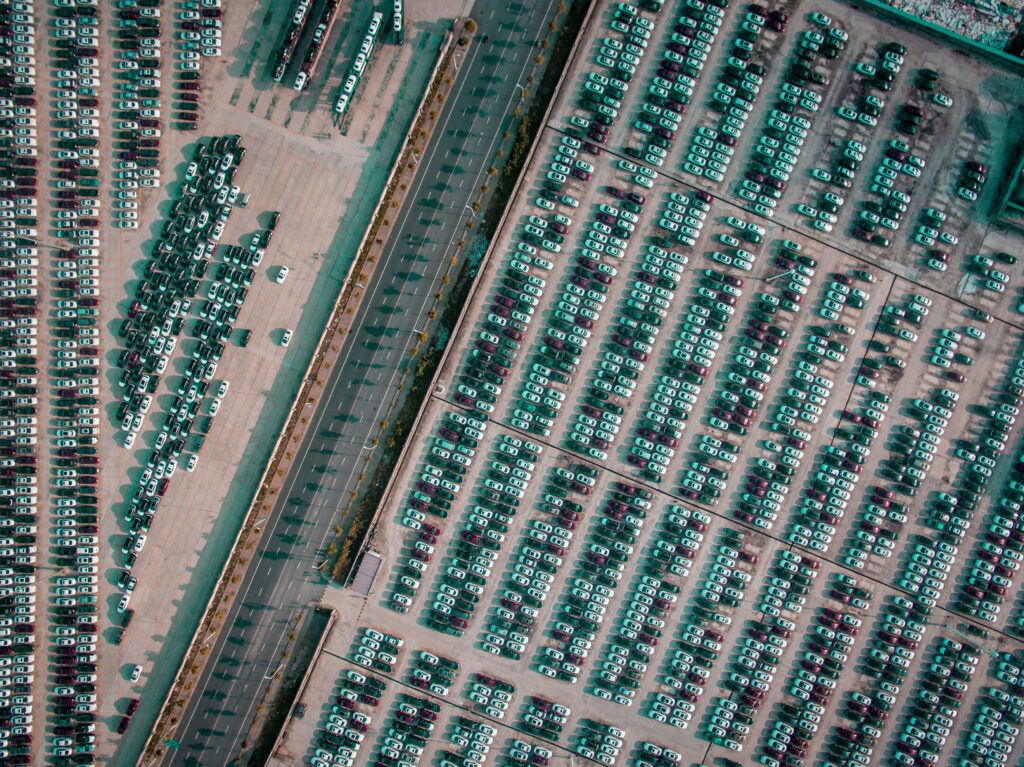What Russia’s invasion of Ukraine means for the motor industry.
UK car buyers could be facing an ever-increasing wait for their new vehicle.
Last year the world had to contend with Covid-19 and the supply repercussions the pandemic caused. Semi-conductor demand skyrocketed and simply put; global production of the electrical components could not match what was needed. We are now 2 years removed from the beginning of the pandemic, but the motor industry is still feeling the strain. Car and van estimated delivery times have still not returned to the ‘Pre-Covid-19’ norm. However, these delays were starting to improve as the world began to adapt to the shortage. Until Russia invaded Ukraine.

How has the invasion of Ukraine affected the motor industry?
Many carmakers across the globe have been directly impacted by the European conflict. Experts estimate up to 15% of European auto production could be at risk. A lower out-put of up to 700,000 vehicles is predicted within the first and second quarters of 2022.
Ukraine exports around 70% of critical gasses used in the production of microchips. Ones of these gasses being neon gas, this gas is an essential component in building semi-conductors. Around 3,000 semi-conductors are used in every vehicle made, Additionally, the nation houses 17 wire-harness factories, many of which are now shut down. Wire-harnesses are a collection of cables that run through the body of a car, connecting all the electrical equipment together. Lastly, Ukraine is a key exporter of metals such as palladium and nickel ore. Palladium is used in catalytic converters and nickel is refined into cathode materials used in batteries.

What manufacturers have been affected?
Ford
One of the biggest vehicle manufacturers in the world have had to halt production of many of its models. With all commercial products ceasing production until Ford review the situation again in May. The U.S. automaker said it will pause its German plants in Saarlouis and Cologne, mostly due to the global chip shortage.
Volkswagen Group
This group features the likes of Volkswagen, Audi, Skoda, SEAT, Cupra and Porsche. In a recent statement that have revealed they have been forced to slow production due to war-related shortages. Many of the wiring-harnesses used in their products are built in Ukrainian factories.
BMW and Mini
BMW has said that production at its factories, including the Mini plant in Oxford, will return to normal this week after shutdowns caused by parts shortages. The carmaker has also said that it expects continued supply restrictions linked to the war.
Mercedes-Benz
Similar to the above brands, Mercedes have stated that production will be affected due to the ongoing chip shortage and the conflict in Ukraine.
Jaguar Land Rover
Jaguar Land Rover (JLR) have been impacted drastically by the semi-conductor dilemma. With many models paused from ordering entirely. Products you can order can have more than 12 month estimated delivery times. Even this timescale is not guaranteed, with many orders being pushed on to a further date.
Other brands
Honda and Volvo have also been affected. Although, we have not had a clear statement from these brands just yet.
However, Kia and Nissan are still fully operational within the UK and have not halted any model production just yet.
We have a plethora of leasing offers available on Kia and Nissan
To go back to our blog home page – click here
To visit our leasing special offer page – click here


